How Rupanti Munda Fought Naxal Attacks, Poverty to Become an International Footballer!
Born in one of the most notorious villages, Dhoti in the Latehar district situated in the red corridor of Jharkhand, Rupanti Munda has one dream -- to become a coach for the Indian football team.
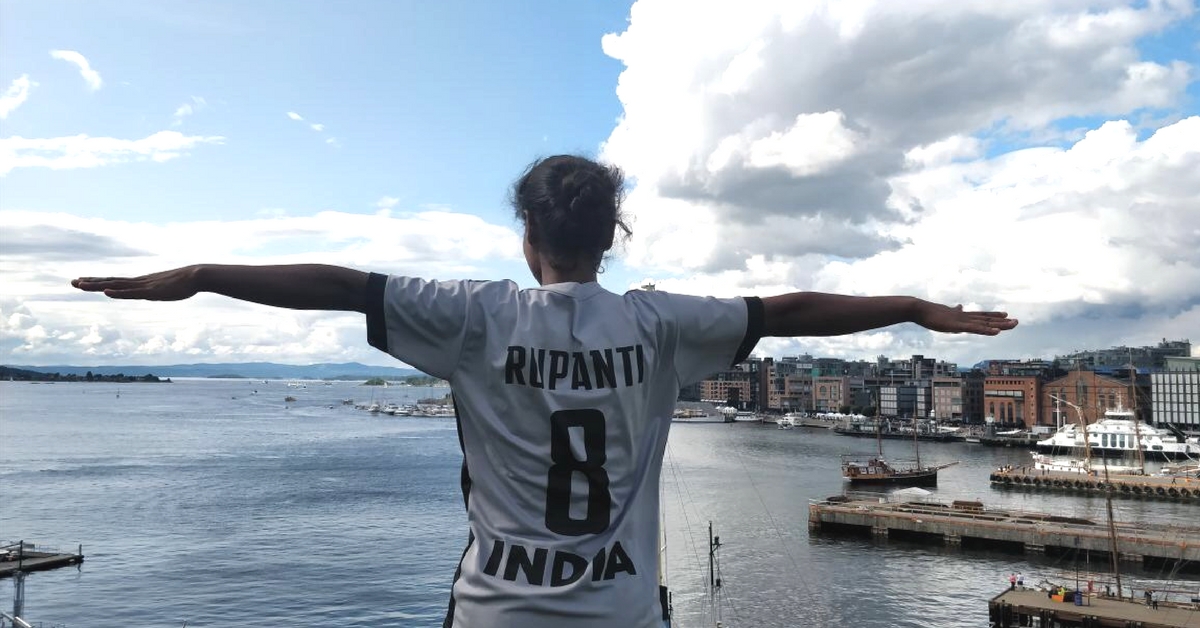
While Rupanti Munda grew up, she was used to the sight of armed Naxalites barging into homes in her tiny village – demanding food, money, and girls.
Child marriage and human trafficking marred most households. Girls as young as 5 years old were sold by their parents, who struggle to make ends meet.
But none of this deterred 20-year-old Rupanti from challenging the norm and rising like a phoenix.
Born in one of the most notorious villages, Dhoti in the Latehar district situated in the red corridor of Jharkhand, Rupanti Munda has one dream — to become a coach for the Indian football team.
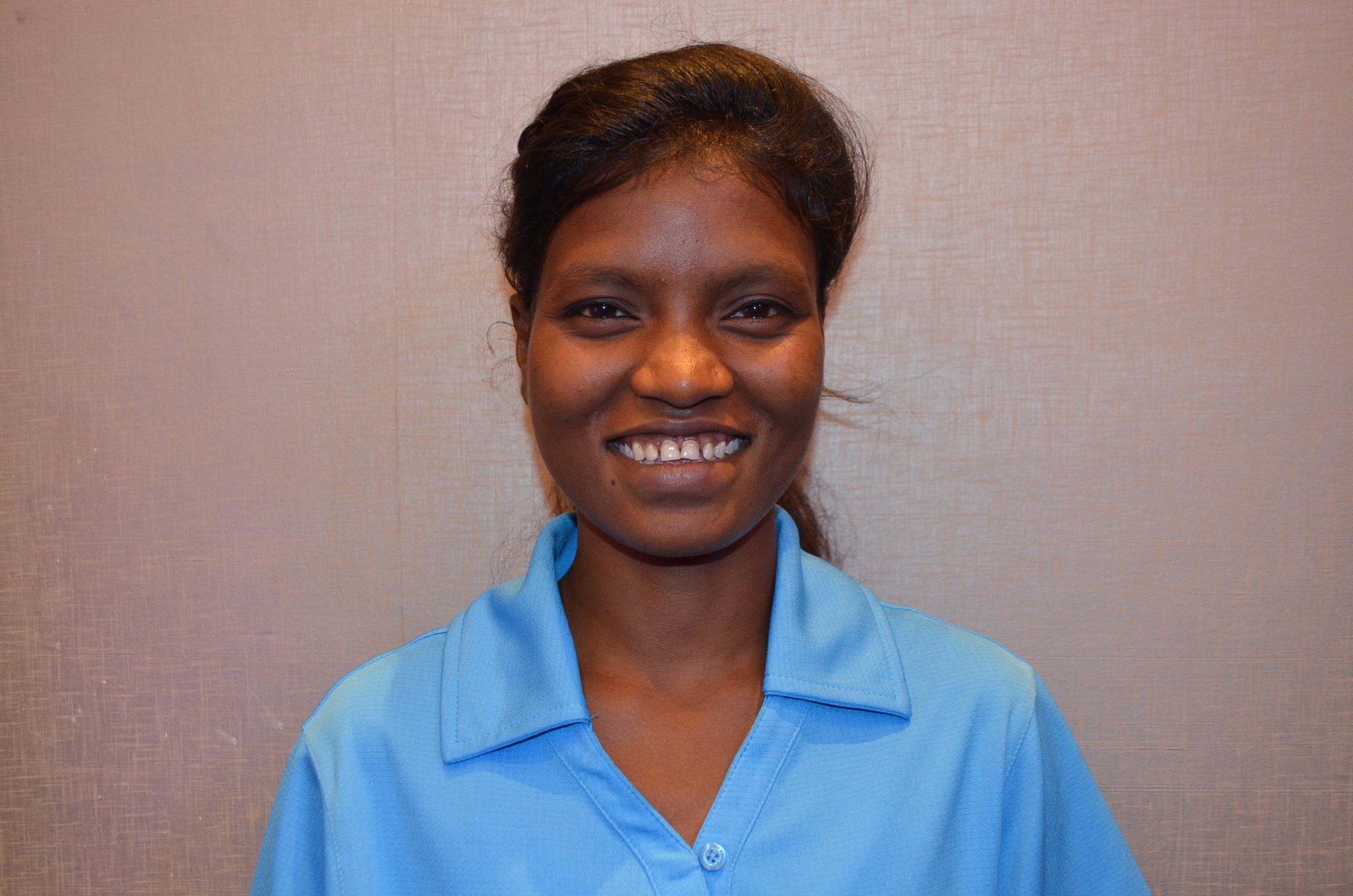
In class three, the young tribal girl started playing the sport and has continued to do so for over a decade.
Rupanti and her friends were introduced to the game by a teacher in her school, Mr. Bhagatnam. He gifted her her first pair of sports shoes. Until then, she lacked the basic gear to play the game, but her teacher’s support and her passion for football helped her excel.
Her exposure began with interschool matches, and later she participated in intra and inter-village matches – known as Khasi football.
“It’s a match where the winning prize is a goat. We just played because we wanted to win goats,” she laughs.
Rupanti would wake up at 4:30 am, finish all her chores and start training at 7:30 am. “I would practise for two hours, come back home, and then go to school. This game became a part of my life.”
Having only played Khasi matches up until then, she was unaware that the game was also played at a national level. Her first exposure to a match outside the boundaries of her village was at the age of 14 when she went for a state team selection trial. She played as a part of the state team in Uttarakhand in 2011.
A major blow
Rupanti lost her father in 2011. She recalls her time with him saying, “Bapu was always very supportive. He accompanied me whenever I had a match and would pray for my success.”
After playing for the state team, she got selected to represent India. The training camp was in Kerala. Her father’s death had taken a major financial toll on the family.
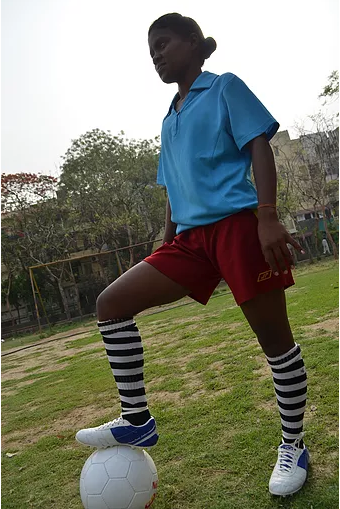
“I thought my mother would be not be able to afford my travel and accommodation expenses. But somehow she did as she sourced money to send me to the camp.”
After the strenuous training at the camp, Rupanti was sure she would own her game while representing India at an international tournament. But the dream of donning a jersey that said ‘INDIA’ on the back, with Rupanti’s name underneath it, was shattered into a million pieces when she couldn’t afford a VISA!
As she dealt with the devastation of not being able to go for this tournament, fate proved to be even more unkind – she lost her brother to a Naxalist attack in 2015.
“I was training in Jamshedpur at the time. It broke me and I slipped into a terrible depression. Everything was falling apart. I left everything and rushed back home, to never return. I quit playing football.”
Rupanti suspects her brother was a victim jealousy. The murderer, she says, was the son of the Naxalite leader in her village.
With nobody to support them financially, Rupanti, 15, took charge of looking after her older sister, mother and her brother’s wife and kids. With eight mouths to feed, she was the sole bread winner.
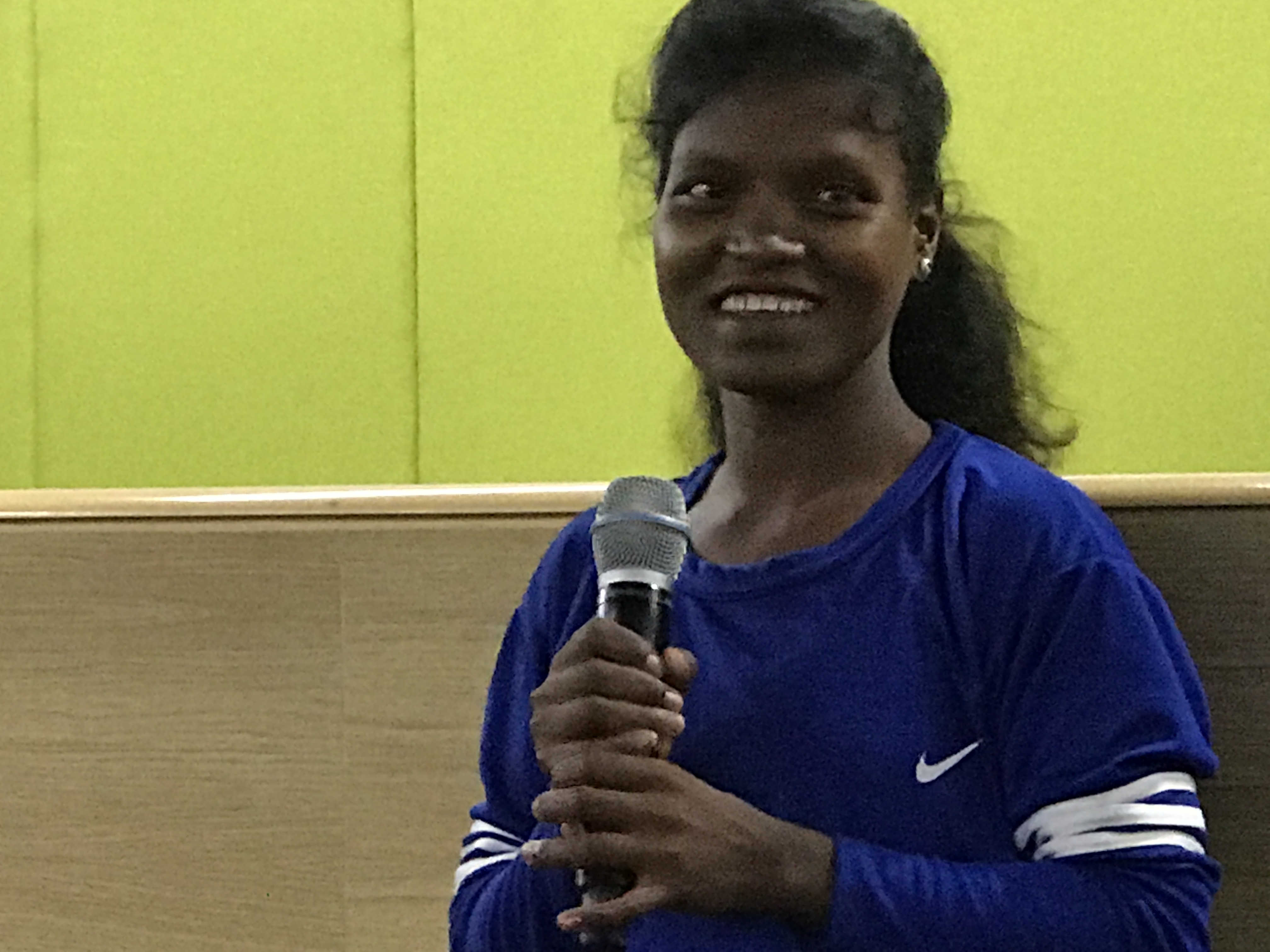
She collected Mahua, the flowers of which are distilled to make a local liquor. She tried to farm in her own small plot, worked in other households, and even as a daily wage labourer.
Read more: The Untold Story of India’s Leading Woman Sailor, Dr Rohini Rau!
Dreams come true
But a ray of hope emerged when she met Dr Rashmi Tiwari from the Aahan Foundation in 2016, which works to uplift tribal girls vulnerable of being trafficked. The organisation hopes to make the girls more self-reliant and financially independent through mentorship, skills and sport.
She knew about me playing and asked me if I would come to Delhi. For the first time since the death of my bapu & bhaiyya, I decided to chase my dreams. I trusted her and I knew it’s not for nothing.”
Rashmi encouraged Rupanti to assemble other girls and form a team. Today, Rupanti is the captain of the Aahan Braveheart team who have played at the district level to earn laurels.
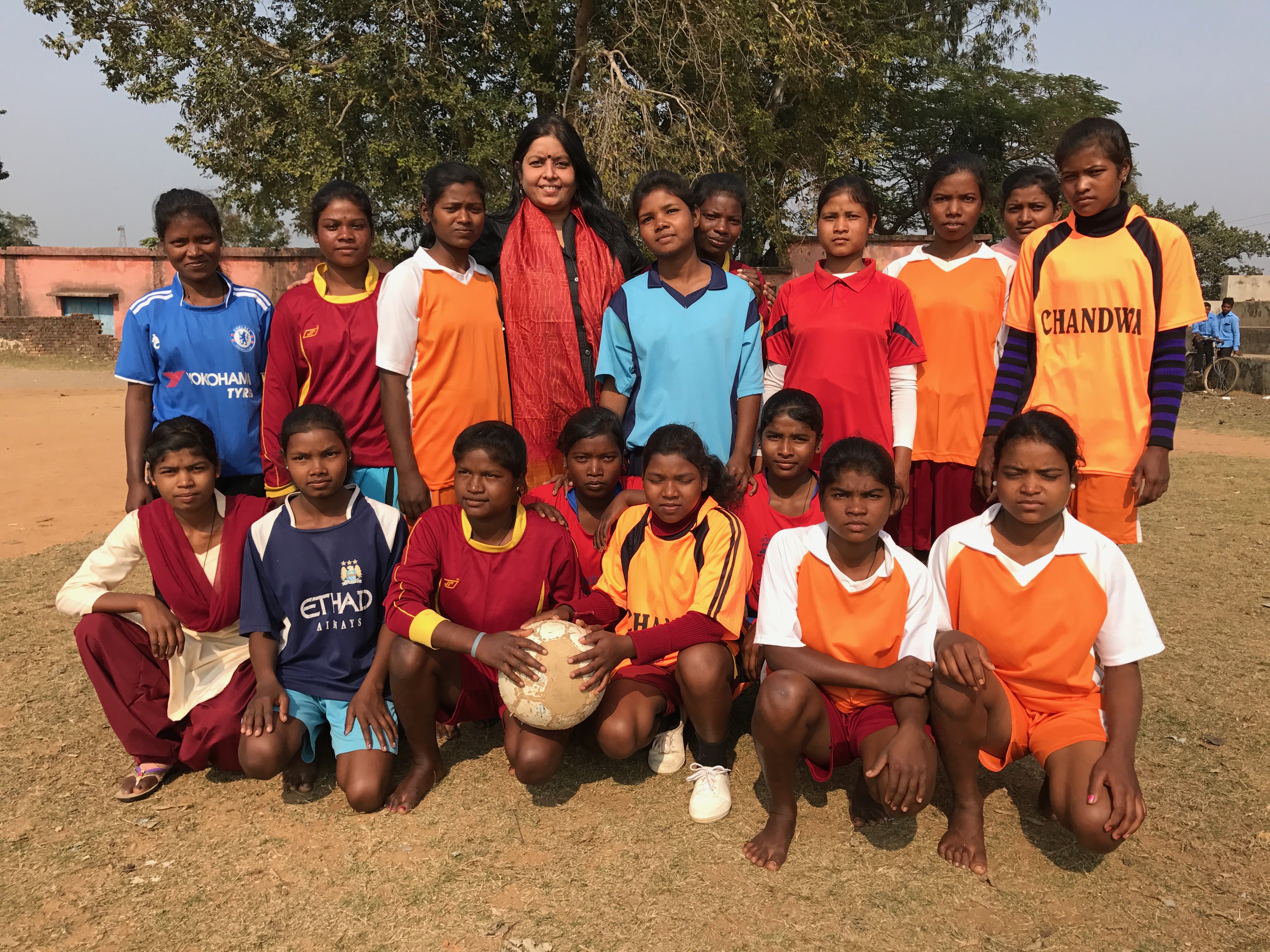
This year, Rupanti crowdfunded her own visit to represent India at the 15th edition of the Homeless World Cup in Oslo. With over 500 players representing more than 50 countries, the game brings together street football programmes from around the world.
Rupanti ends by saying, “Wearing that jersey with India and my name on it in an open stadium was the most surreal moment of my life. My playing at the Homeless World Cup this year, proves that a financial crisis can never be a hurdle in chasing your passion if you are determined to make it happen.”
Challenges
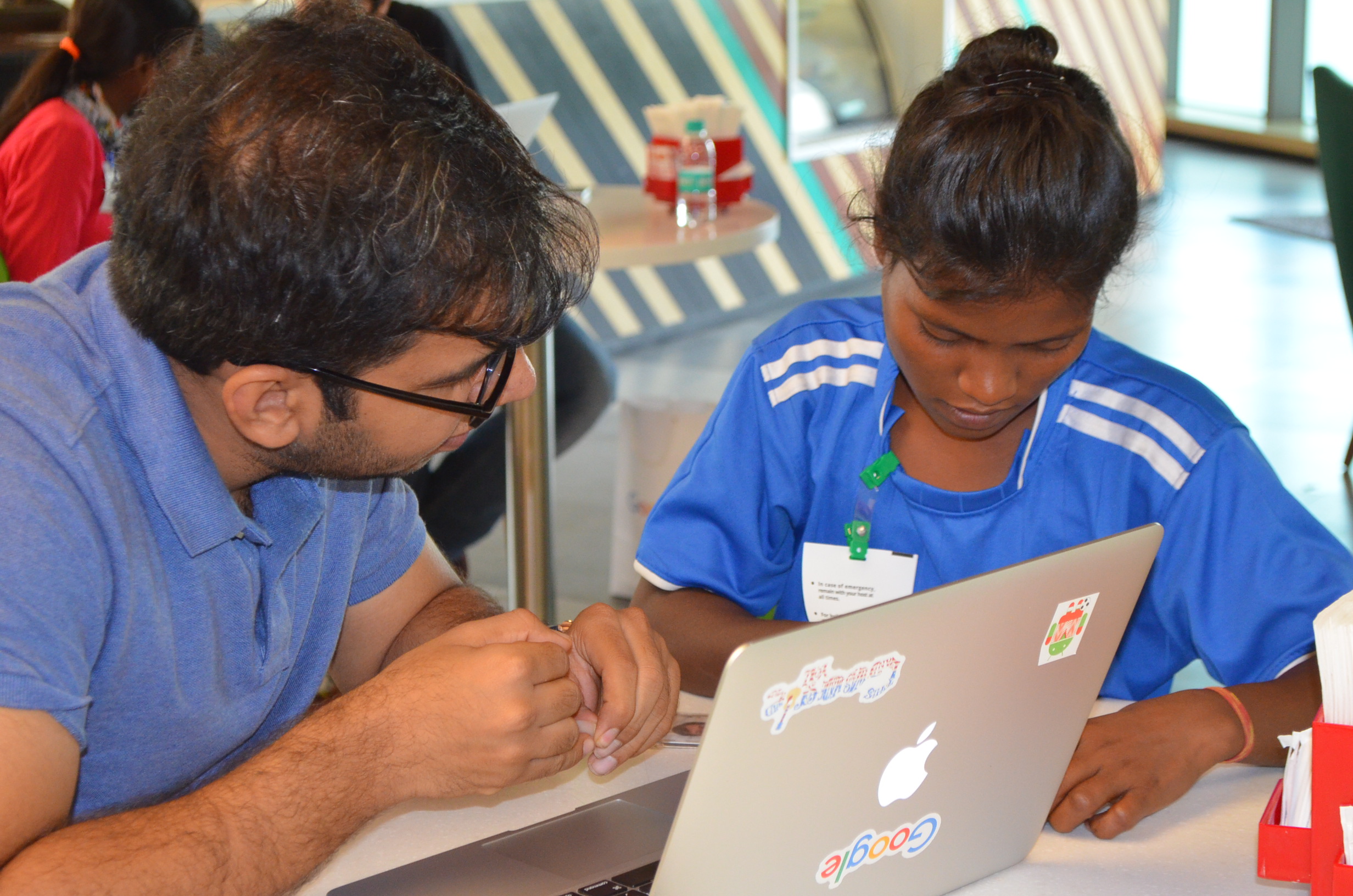
The people in her village continued still bad mouth her. “Why are you trying to play a boy’s game? You will never amount to anything! Such jibes became an everyday affair! I would break down at times, but now I don’t care. I have always been a rebel and I will continue to be to chase my dreams.”
She wants to empower other tribals girls too. “I want to help girls from the remotest parts of the country dream big.”
Sadly, her mother drinks herself silly because she has not got over her son’s death.
Rupanti looks after her 8-member family with the money she makes from farming and the stipend she earns from the Aahan Foundation. She aims to collect funds to open a coaching centre in her village to help other tribal girls get trained.
“Now the Aahan Bravehearts team has one only Rupanti. I want to create 20 more Rupantis and help them secure a place not just in the state team but also the national team,” she signs off.
Get in touch with the Aahan Foundation here. Write to Dr Rashmi at [email protected]
Like this story? Or have something to share?
Write to us: [email protected]
Connect with us on Facebook and Twitter.
NEW: Click here to get positive news on WhatsApp!
If you found our stories insightful, informative, or even just enjoyable, we invite you to consider making a voluntary payment to support the work we do at The Better India. Your contribution helps us continue producing quality content that educates, inspires, and drives positive change.
Choose one of the payment options below for your contribution-
By paying for the stories you value, you directly contribute to sustaining our efforts focused on making a difference in the world. Together, let’s ensure that impactful stories continue to be told and shared, enriching lives and communities alike.
Thank you for your support. Here are some frequently asked questions you might find helpful to know why you are contributing?


This story made me
- 97
- 121
- 89
- 167











